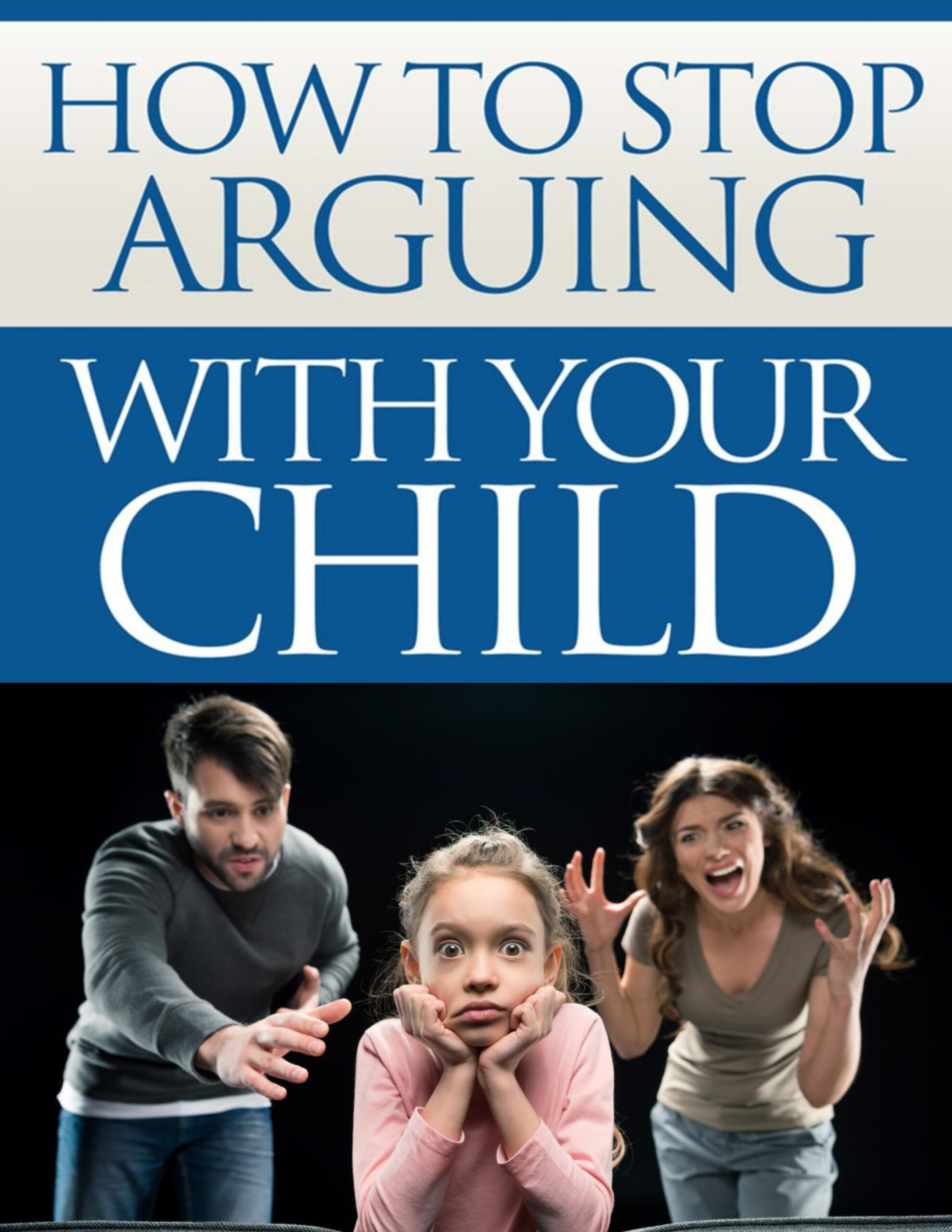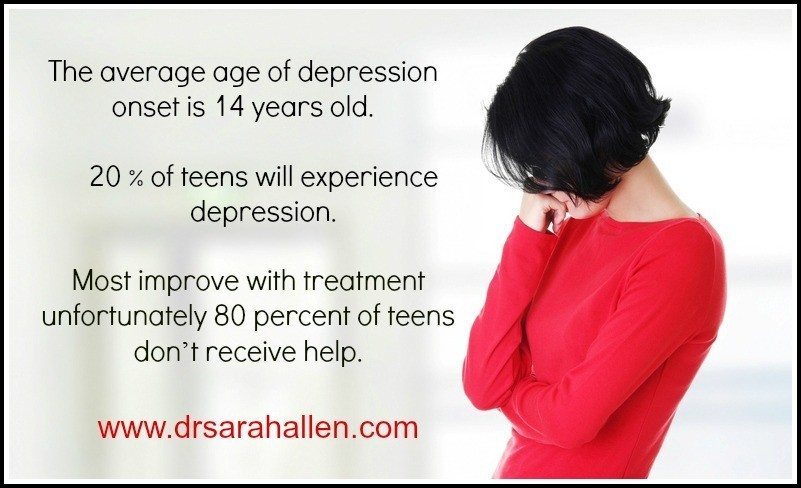
Research has found that it is the way children try to understand the arguments their parents have that can lead to emotional and behavioral problems. When children blamed themselves for the conflict between their parents, they were more likely to act out in a behavioral way i.e. anti-social behavior, being aggressive etc. But if they felt threatened by their parents’ arguing or thought their parents would split up, the child was more likely to experience emotional problems such as depression. The research team suggest that it is important to teach families conflict resolution skills to reduce the negative effects of parental arguments. The research was funded by the Economic and Social Research Council (ESRC) Further information: http://www.esrc.ac.uk/my-esrc/grants/RES-000-23-1380/read
How Parent’s Arguments Affect Children
Parental conflict is an inevitable part of family life. Parents may disagree on finances, child-rearing practices, or other important issues, leading to arguments and conflicts. While arguments between parents are expected, the way they handle these disagreements can have a significant impact on their children.
The Impact of Parental Conflict on Children
Children are highly sensitive to their parents’ emotions and can easily pick up on tension between them. Witnessing frequent arguments or conflicts between parents can cause children to feel anxious, stressed, and even depressed. It can also affect their behavior, as they may act out in response to the conflict.
Moreover, studies have shown that children who grow up in homes with high levels of parental conflict are more likely to experience emotional and behavioral problems later in life. They may struggle with forming healthy relationships, have difficulty managing their emotions, and may even develop mental health issues.
How Parents Can Minimize the Negative Effects of Arguments on Children
While it’s impossible to completely avoid arguments as parents, there are ways to minimize the negative effects they can have on children.
1. Keep Arguments Private
It’s important for parents to avoid having heated arguments in front of their children. This can be distressing for children and may cause them to feel insecure about their family life. Instead, try to have disagreements in private and present a united front when it comes to parenting decisions.
2. Communicate Effectively
When discussing sensitive topics, it’s important for parents to communicate effectively and respectfully. This means avoiding insults, name-calling, or using a harsh tone. Children learn how to handle conflicts by observing their parents, so modeling healthy communication can help them develop these skills as well.
3. Reassure Your Children
Children may feel scared or confused when they witness arguments between their parents. It’s important for parents to reassure their children that the argument is not their fault and that they still love each other and their children.
4. Seek Help if Needed
If arguments between parents become too frequent or intense, it may be a sign of deeper issues within the relationship. In these cases, seeking professional help can benefit both the couple and their children. A therapist can help parents learn healthier ways to communicate and resolve conflicts, which can ultimately benefit the entire family.
Conclusion
While disagreements between parents are normal, it’s important for them to be mindful of how their arguments may affect their children. By keeping arguments private, communicating effectively, reassuring their children, and seeking help when needed, parents can minimize the negative impact that conflicts may have on their children. Parenting is a tough job, but by working together and prioritizing the well-being of their children, parents can create a more peaceful environment for their family to thrive in.
If you would like to learn more ways to communicate better and improve your relationships please contact me at 847 791-7722 or email me below

Parenting is tough and I am here to help you to be the parent you want to be. If you have any questions, or would like to set up an appointment to work with me, please contact me at 847 791-7722 or on the form below.
If you would like to read more about me and my areas of specialty, please visit Dr. Sarah Allen Bio. Dr. Allen’s professional license only allows her to work with clients who live in IL & FL & the UK and unfortunately does not allow her to give personalized advice via email to people who are not her clients.
Dr. Allen sees clients in person in her Northbrook, IL office or remotely via video or phone.

What Can I Read That Helps Me While I Am Waiting For My First Appointment With Sarah?
One issue that I find comes up again and again is how to handle discipline and arguments within the family. So I put together a booklet with some strategies I am always saying to my clients to help them begin to improve their relationship with their child and reduce the amount of shouting, arguing and tantrums that can occur. I hope that you will find it helpful too.

As featured in

Parenting is tough and I am here to help you to be the parent you want to be. If you have any questions, or would like to set up an appointment to work with me, please contact me at 847 791-7722 or on the form below.
If you would like to read more about me and my areas of specialty, please visit Dr. Sarah Allen Bio. Dr. Allen’s professional license only allows her to work with clients who live in IL & FL & the UK and unfortunately does not allow her to give personalized advice via email to people who are not her clients.
Dr. Allen sees clients in person in her Northbrook, IL office or remotely via video or phone.

What Can I Read That Helps Me While I Am Waiting For My First Appointment With Sarah?
One issue that I find comes up again and again is how to handle discipline and arguments within the family. So I put together a booklet with some strategies I am always saying to my clients to help them begin to improve their relationship with their child and reduce the amount of shouting, arguing and tantrums that can occur. I hope that you will find it helpful too.








